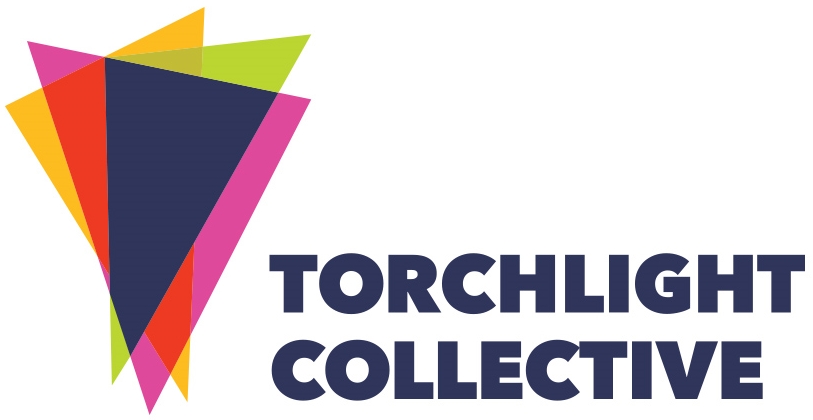By: Génesis Luigi
As a feminist living in Latin America, I have seen the rise of anti-rights movements against sexual and reproductive health (SRH), rights, and justice. It is easy to find them campaigning online through sensationalist - and formidably viral - messages. They also rally on the streets and public service offices waving signs with stigmatizing messages like “abortion is murder.” One of their favorite arguments against comprehensive sexuality education (CSE) and gender equality policies is that it promotes irresponsible sexual behavior and abortions. However, a closer look at CSE programs debunks these claims from those opposed to the right to bodily autonomy and a life free from sexual and gender-based violence. Far from being harmful to children, adolescents, and youth, CSE can provide a safe space to explore and develop healthier lifestyles.
There is clear evidence that supports the contribution of CSE to positive health behavior outcomes, including increased knowledge of life skills and reduced gender-based violence when also linked to SRH and psychosocial support services. Similarly, there is a robust body of knowledge showing the negative effects of abstinence-only programs and concluding that it is better to do nothing than teach abstinence. CSE is a legitimate and necessary component of children’s, adolescents’, youth - and let’s be clear, also adults’! -- education. CSE empowers everyone, at any age, to know how to navigate sexuality, relationships, and healthcare systems.
Despite the evidence, we as advocates and educators must recognize that there is far from universal access to sexuality education and comprehensive curriculums. In the last global status report on CSE, UNESCO showed that safe abortion access is largely absent from curricula across the world. From a survey of 60 CSE programs from Asia and the Pacific, sub-Saharan Africa, and Latin America and the Caribbean, only 15% of them covered safe access to abortion thoroughly. Abortion access faces a double stigma within education. When it is not completely neglected, it is taught under a stigmatizing light. The erasure of safe abortion from CSE curricula is worrisome, considering it is one of the favorite topics weaponized by anti-rights movements, which are becoming more influential among governments and civil society.
Abortion tends to be framed as ‘delicate’ or ‘controversial,’ which increases the stigma surrounding it. But for sexuality education to be truly comprehensive, abortion needs to be included in a positive and open way that resonates with human rights, gender-transformative, and reproductive justice perspectives. Sharing knowledge and educating about abortion should go beyond a harm and risk reduction approach. CSE curricula should frame abortion access as a right. In addition, abortion access should be de-medicalized. It is time to talk about abortions as a normal part of the reproductive life that can not only be a deeply personal experience, but also a profoundly community-bounded process when abortion-seekers rely upon trusted healthcare providers, activists, and friends for getting information, company, and support. Now more than ever, advocates need to organize and recognize that CSE is political and must bust abortion stigma with unapologetic kindness.
Photo via Flikr.

